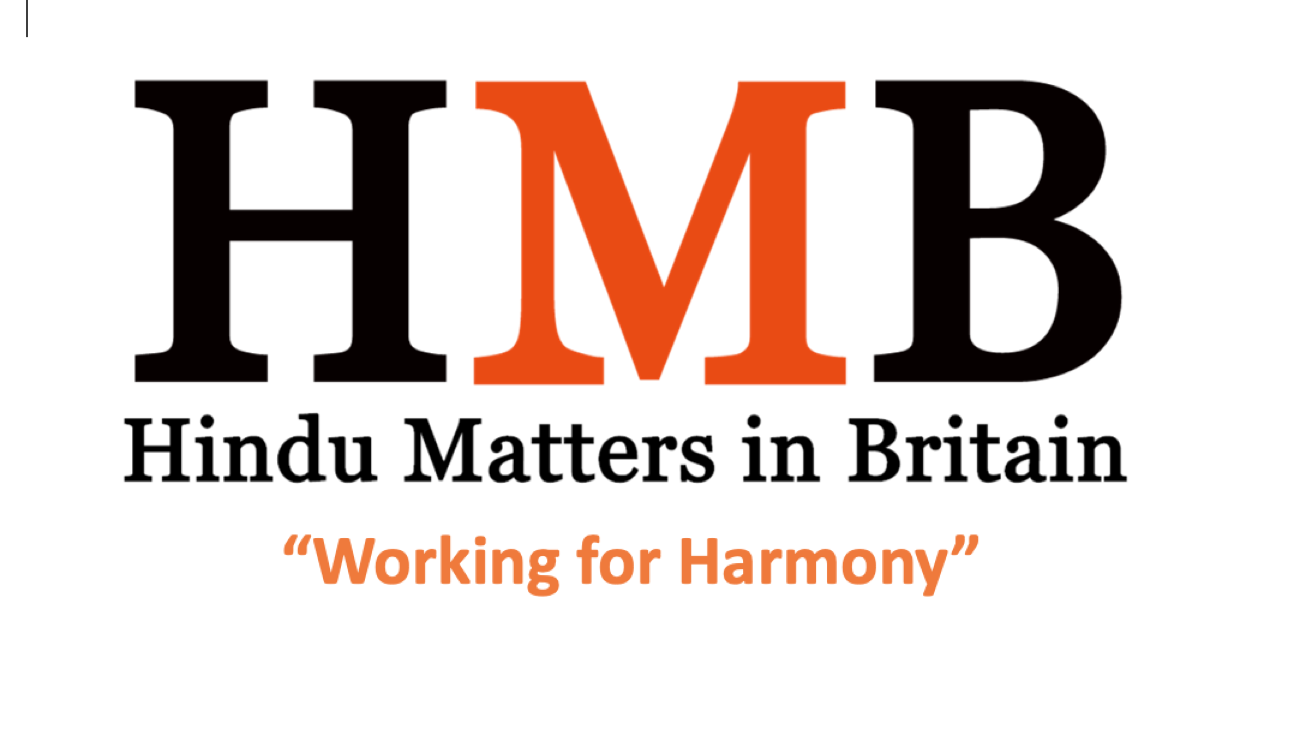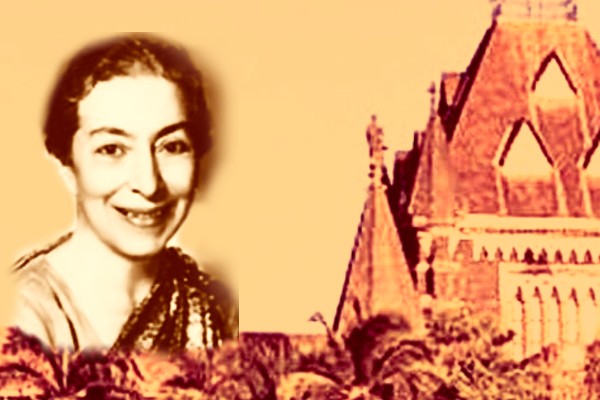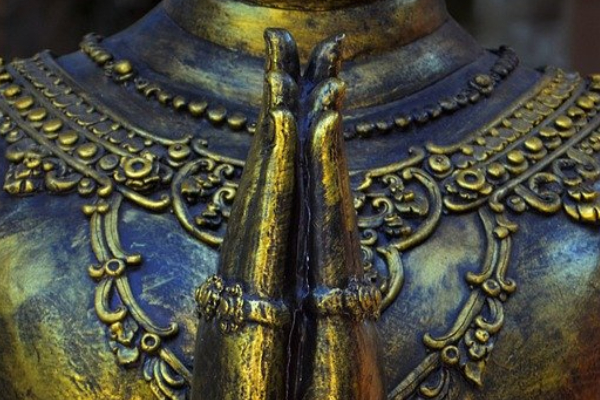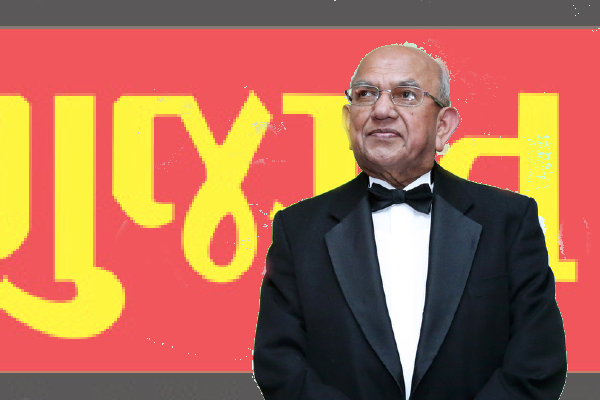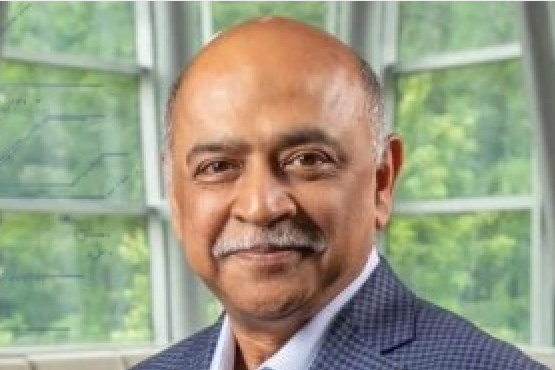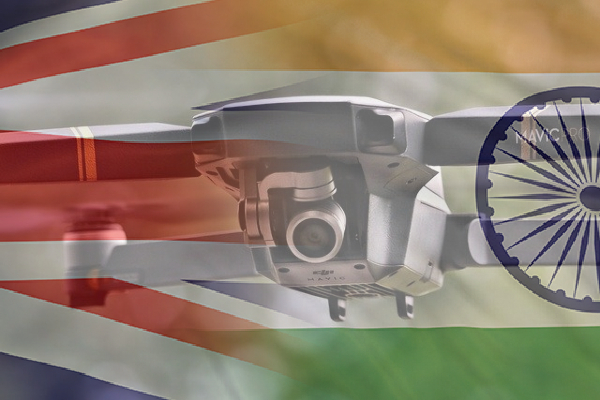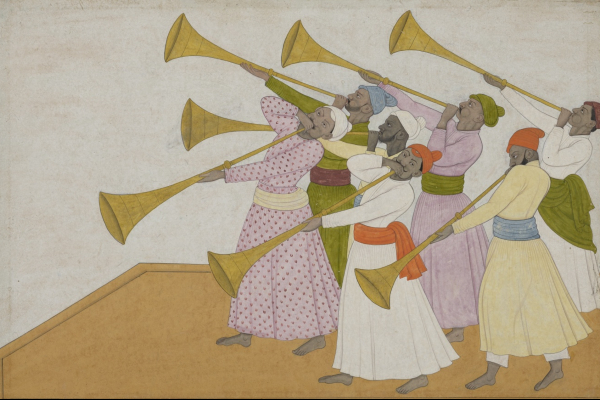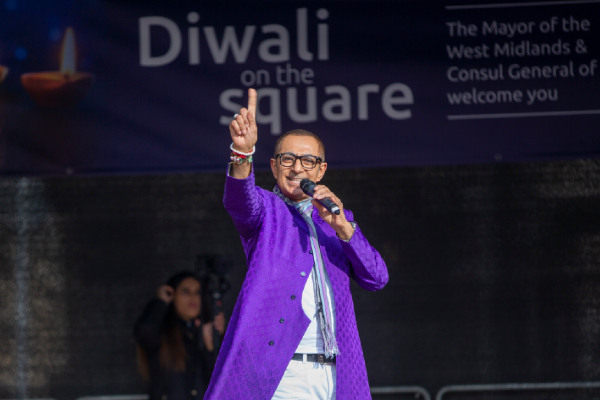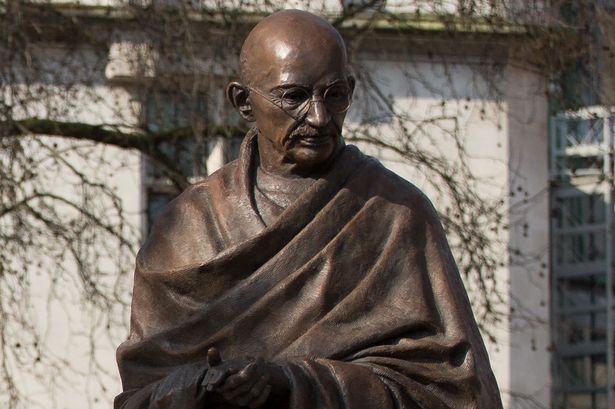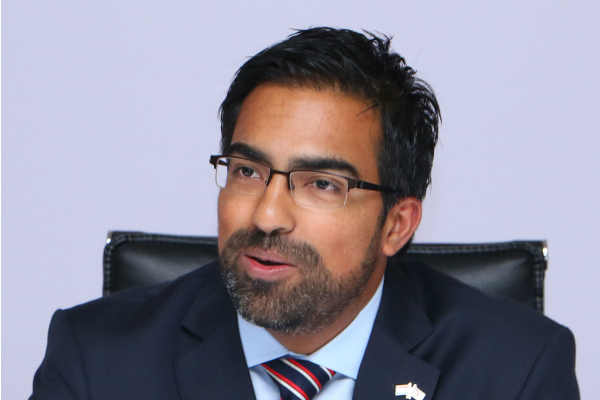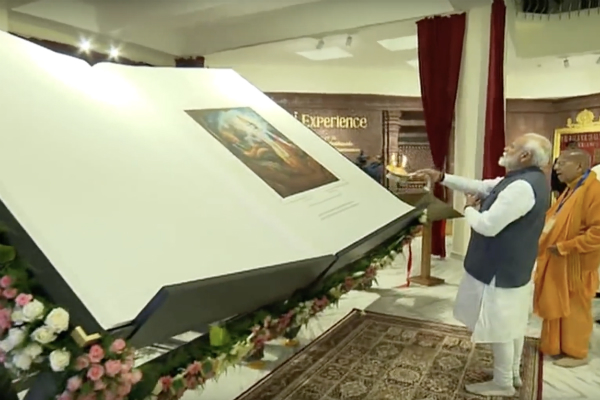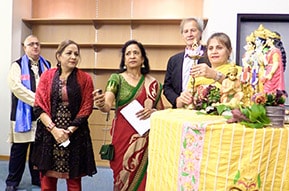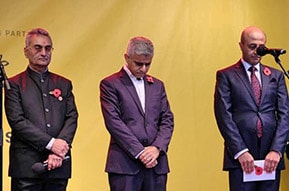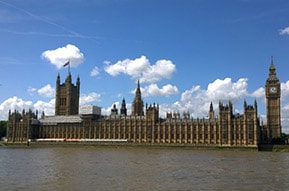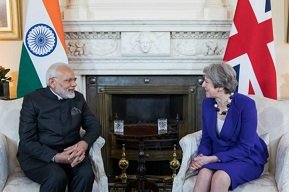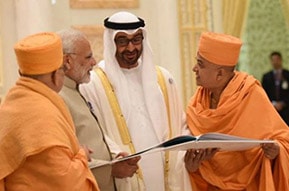Economy
The British Hindu community is one of the largest contributors to the private sector in the UK. With 70% of Hindu women in work, the community has a larger than average percentage of people available for work.
Overall, the British Indian community maintains a 69% total employment rate which makes it the most employed ethnic minority. Of that 69 %, 16% were self-employed. Add to that that one in three Hindus in employment is in a professional or senior management position and it is not surprising that British Hindus own and run 4.4% of London’s businesses. About half of these are in the retail and wholesale sectors, with another one-fifth in business services. The Indian community is also over-represented as a percentage of the UK population in both the Transport and Communications sector and Real Estate.
Among the Asian business community, Indians are incredibly overrepresented with over 60% of Asian businesses being owned by Indian businessmen and women. Of these businesses are the 9,500 ‘Indian’ restaurants across the UK which employ around 60,000 people and generate an estimated £3 billion of revenues per annum.
Facilitated by members of the British Indian community, there is a large amount of UK-India trade. The UK is the third-largest source of foreign direct investment in India and India is the third-largest source of FDI in the UK. Indian companies are playing an increasingly important role in the UK economy. Tata Group, for example, is one of the UK's largest manufacturing employers, with some 65,000 employees in the UK. This means that the UK attracts more Indian investment than the rest of the EU put together. Without the large, prosperous and effective British Hindu business community this investment would surely begin to drift elsewhere.
Economic activity and economic inactivity vary considerably by religion. According to the 2011 Census, the Hindu community is the most active of all the faiths, and only second to people who identified themselves with no religion at 74%. The groups with the lowest levels of economic activity were Muslims (55%) and Christians (60%). Age is a major factor in economic activity. The older age profile of Christian’s means that a large proportion of Christians not participating in the labour force were ‘retired’ (69%). Muslims, on the other hand, had the youngest age profile and were most often economically inactive because they were ‘looking after home or family’ (31%) or because they were ‘students’ (30%).
Religion and economic activity, England and Wales, 2011
In 2011, the majority of those who were economically active were employees in employment (75%); around three-quarters of Christians and those with no religion (77%) and 74% respectively) were economically active employees, compared with around three-fifths (59%) of Muslims. Self-employment made up the next largest category of economic activity (14%); More than a quarter (28%) of Jewish people were self-employed compared with 13 to 19 % of people with other religious affiliations. Around seven per cent of Muslims and six per cent of Buddhists and Hindus were students in employment compared with three per cent of Christians, Jewish people and those with other religious affiliations. Economic Activity
Religion and type of economic activity, England and Wales, 2011
Employee Self-employed Employed Full-time Unemployed
A quarter of economically inactive people with Other religious affiliation were long-term sick or disabled. This compares to 15% of those with ‘no religion’, 11% of Muslims, 9% of Christians, 8% of Hindus and 7% of Jewish people were long-term sick or disabled. Almost a third (31%) of economically inactive Muslims were ‘looking after the home or family’, compared to 17% of those with no religion, 18% Hindus and 8 per cent of Christians. More than two-thirds (69%) of economically inactive Christians were ‘retired’ compared to 33% of those with no religion and 34% Hindus. Just nine per cent of Christians who were not in the labour force were full-time students compared to around a third of Hindus, Muslims and Buddhists (29, 30 and 33% respectively).Economic Inactivity
Religion and economic inactivity, England and Wales 2011
